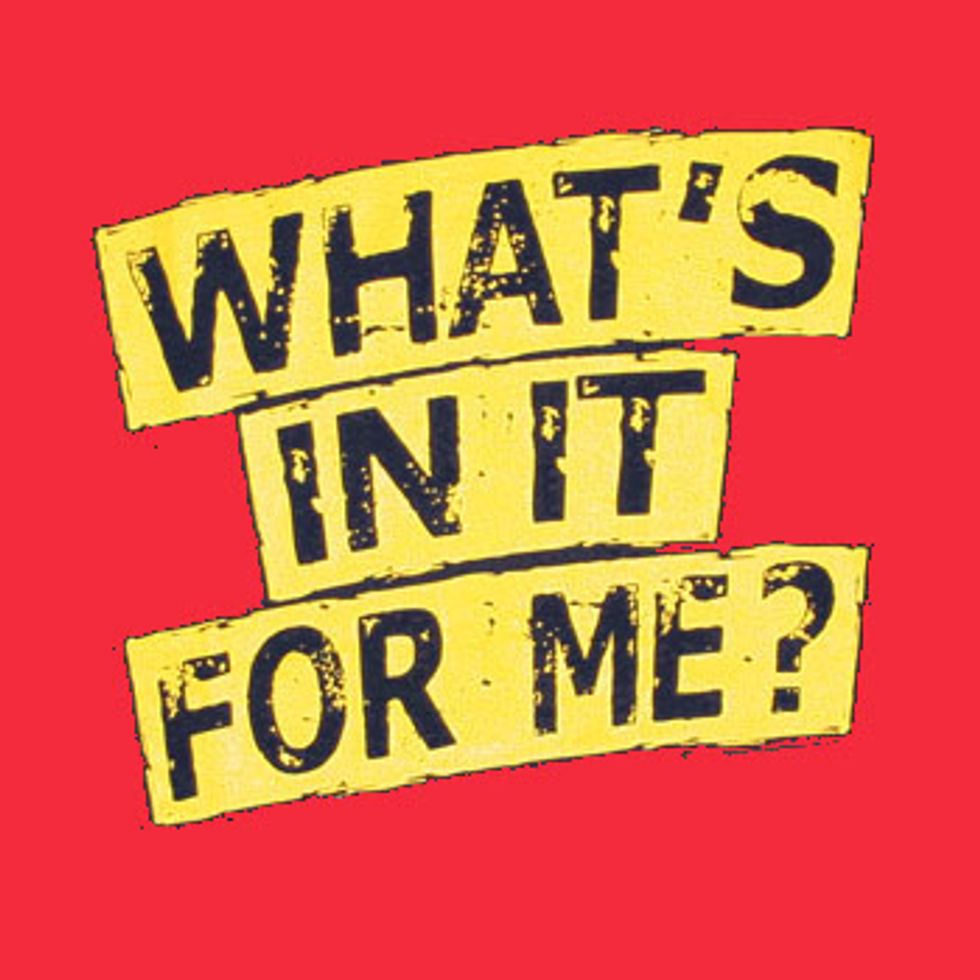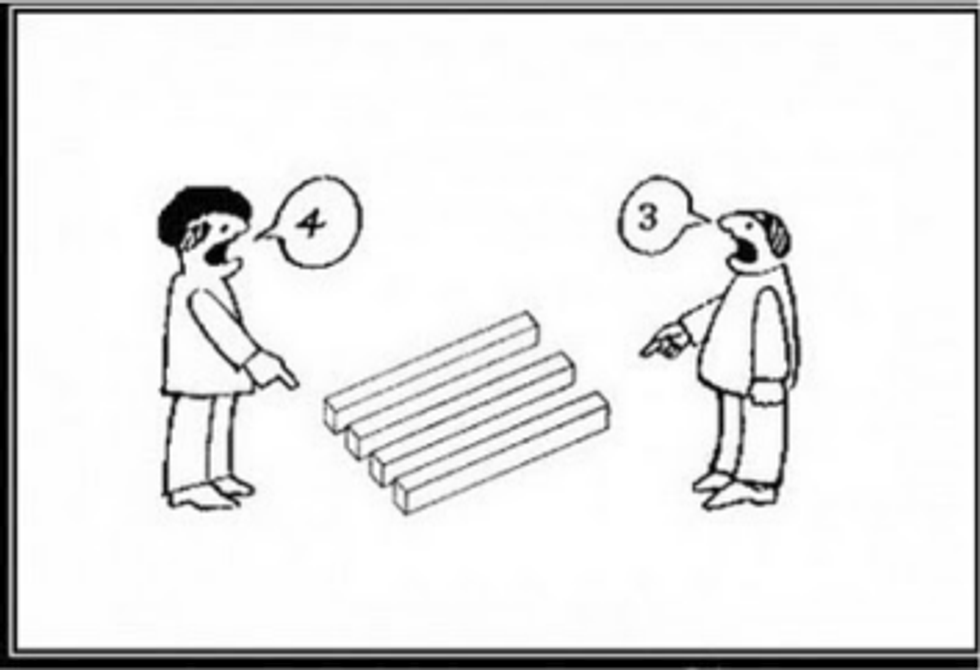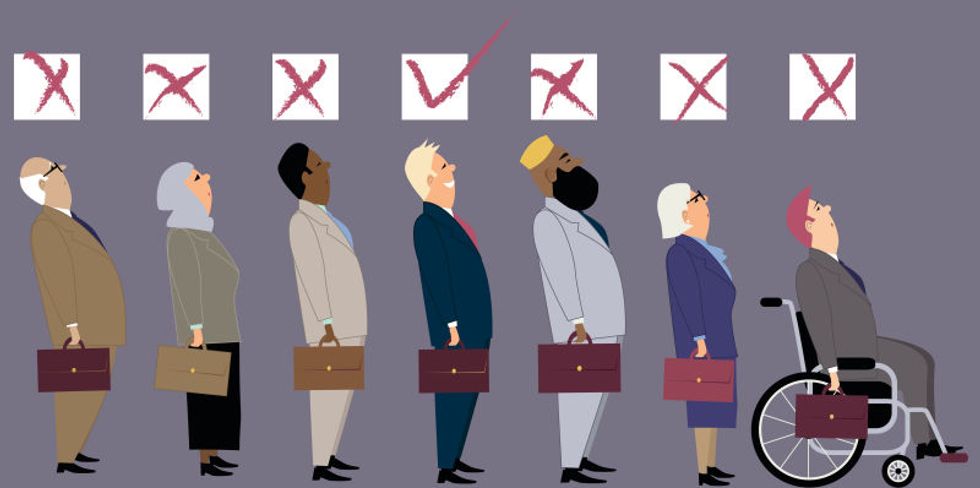1. Purpose
What is your purpose?
Answering this question is the first step towards White allyship. In regards to activism, what is your purpose? Or, phrased a different way, what is your intention? If the answer is anything except for the deconstruction of structural racism and passing the mic to historically marginalized voices, you need to reevaluate why you want to be an ally. Your purpose cannot obviously be one of self-interest, elevating your own platform, nor is it about “saving” anyone. Your purpose should be deeper than simply “helping people”. I challenge you to examine your purpose in being an ally. "What's in it for me?" should never cross your mind. This time, it's not about you.
2. Positionality
Are you aware of your positionality?
Once you’ve successfully answered the first question regarding your purpose, the next step is trying to unpack your positionality. Positionality refers to your position relative to others, which includes how you achieved that position and what allows you to maintain that position. This takes time as it asks you really think about your past and how you got to where you are in status and beliefs. In research, researchers are challenged to be neutral, to be unbiased, but when it comes to allyship it's important that when you enter spaces, especially those with historically marginalized people, your assumptions, pre-conceived beliefs, and biases are at the forefront of your mind so you're catching your micro-aggressions and increasing your situational awareness. It’s important that you recognize what your position is, be weary of how your lived experiences shape your interactions with people of color. You have certain assumptions, biases, that may taint your relationship with people of color. Don't be insensitive.
3. Privilege
How can my privilege be best served?
Privilege is relative. As a white person, you’ll almost always have privilege in the spaces you enter. When we talk about Whiteness, it’s more than just the color of your skin it is everything that comes with it. There is no denying that there are certain things that, as a White person, you can do that people of color cannot. White privilege is having your graduation photo used for cover story about rape charges, White privilege is feeling comfortable around the police, White privilege is seeing yourself represented in the media and in school curriculum. Most people get tripped up, even defensive, when people of color talk about Whiteness as a multidimensional construct . In a recent NYT opinion article titled “Can My Children Be Friends With White People?”, Ekow N. Yankah talks about having the difficult conversation about cross-racial friendship with her children and how she will teach them to be cautious, suspicious, and to distrust white people. Some white people were up in arms about this article saying that it’s absurd that a parent his teach her children to distrust based on the color of skin. They’ve missed the point entirely. The premise of Yankah’s argument is that being White in America means something completely different than being Black in America—she’s talking about the privilege that comes with it. When being a White ally, it is important that you're understanding how your privilege manifests itself and to use it for good, which in most cases means passing the torch.
So when thinking about how to be an ally, remember the three p’s: What is my purpose? What is my positionality? How can I use my privilege for good?
Are you a White ally?






















